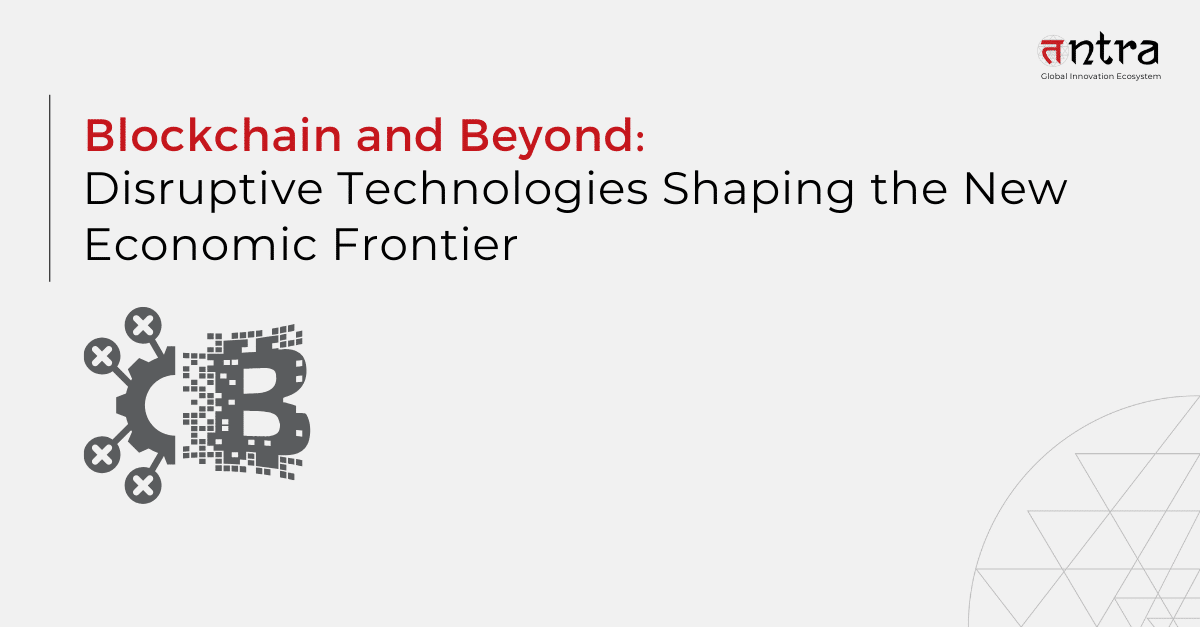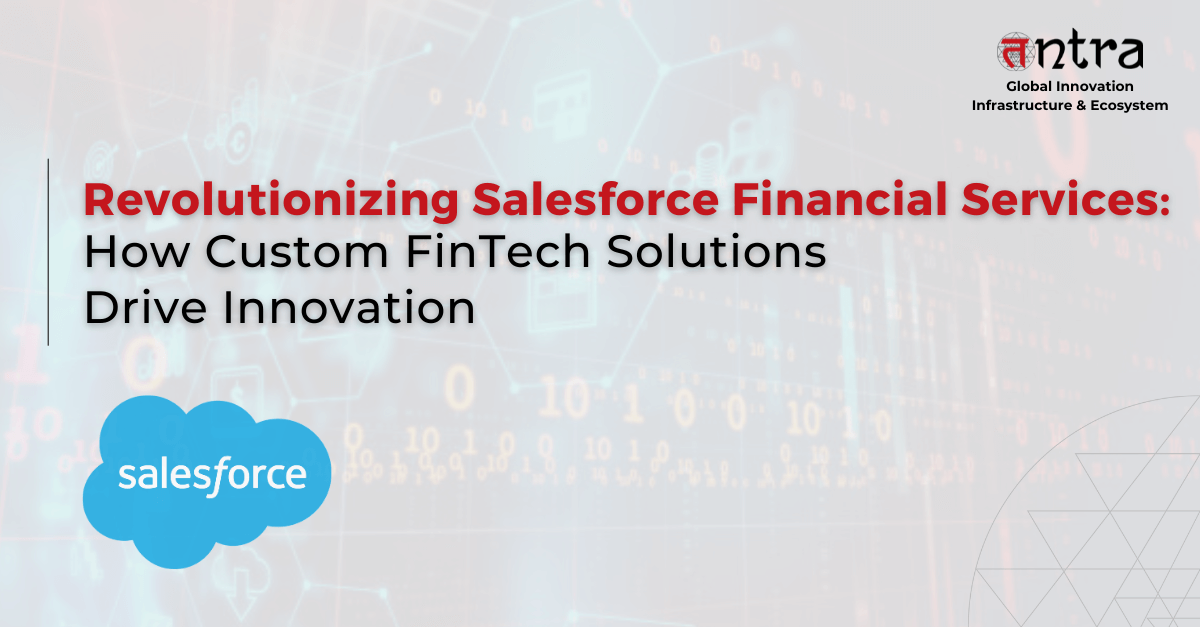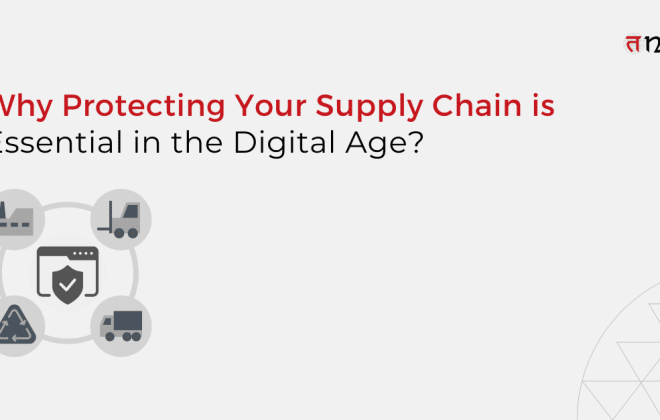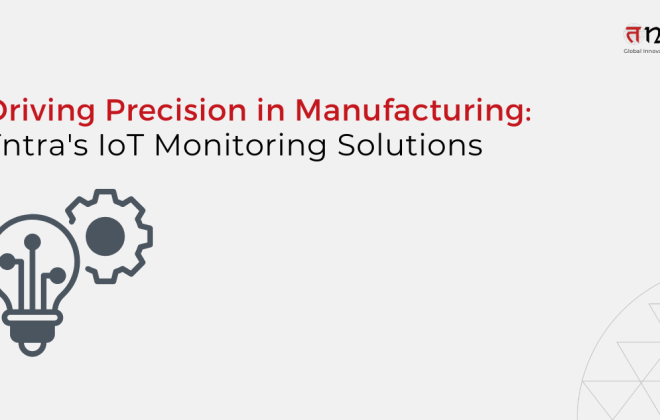
Blockchain and Beyond: Disruptive Technologies Shaping the New Economic Frontier
Table of Contents
ToggleBlockchain technology is rapidly gaining traction across industries, offering enhanced efficiency, transparency, and security. Its adoption is driving innovation and reshaping traditional processes. From supply chain management to real estate and healthcare, Blockchain is revolutionizing how businesses operate. By leveraging Blockchain solutions, organizations can streamline transactions, reduce costs, and improve stakeholder trust. As the technology continues to evolve, embracing Blockchain is crucial for staying competitive in today’s digital landscape.
In partnership with Auburn University RFID Lab’s Chain Integration Project (CHIP), Nike is using Blockchain technology to combat counterfeiting. Six significant clothing and retail companies, led by Nike, are participating in the experiment to evaluate the effectiveness of blockchain technology in their supply chains. For Nike and other businesses, counterfeiting is a serious concern, with the industry expected to lose $98 billion due to counterfeit goods and the “Gray Market.”
To address this, Nike has patented Blockchain-compatible shoes known as “Cryptokicks.” These Blockchain-enabled shoes play a crucial role in proving the authenticity of Nike products to consumers. The need for such authentication is especially pertinent in the case of limited-edition releases like Air Jordans, which can command prices in the thousands of dollars.
The surge in popularity among “sneakerheads” and “hypebeasts,” individuals passionately collecting and reselling designer streetwear, has further fueled the influx of counterfeit products into the market.
Nike’s patent details a revolutionary approach harnessing disruptive technologies like Blockchain to establish a framework for identifying and tracking the ownership of their shoes. To identify and trace the ownership of their shoes, Nike’s patent outlines a framework that uses Blockchain technology to connect cryptographically secured digital assets with an actual object. With the implementation of such New Economy solutions, it would be simple to determine if a product was counterfeit or not, which will benefit both buyers looking to purchase genuine goods and Nike in terms of lost sales.
Source: Minesoft
Blockchain Market Adoption: A Steady Surge Towards Growth
According to Markets and Markets’ analysis of the Blockchain marketplace in 2021, the sector is expected to increase from $4.9 billion in value as of that year to $67.4 billion by 2026. This indicates a Compound Annual Growth rate of 68.4% for the projection period, according to the analytical team.
According to the PwC “Time for Trust” report on Blockchain technology and the developing market, by 2030, the world’s GDP could increase by an average of $1.76 trillion. Economists at PwC estimate that this represents 1.4% of the current world GDP.
According to 96% of specialists in financial services, Blockchain-based solutions have found widespread acceptance. Users of Blockchain wallets have increased dramatically in the last few years. In 2016, there were just 10 million users of Blockchain wallets. As of August 2022, this number had reached 84.02 million.
Blockchain alone is a potent tool for disrupting the status quo. However, its integration with other New Economy solutions, such as AI, can lead to multiple benefits. Artificial Intelligence and Blockchain work together to address problems with efficiency, transparency, and data security. As a result, the Blockchain and AI technologies market is expected to grow at a compound annual growth rate (CAGR) of 25.3% from 2020 to 2025, surpassing $703 million.
Nearly 90% of organizations polled, according to a Cointelegraph report, have incorporated Blockchain technology in one way or another. Furthermore, a significant 87% of these companies indicate that they plan to make Blockchain investments by 2024. Of the businesses that are using Blockchain technology today, 42% cite its security features as a major benefit, and the same proportion credit its copy protection capabilities.
This data demonstrates how Blockchain is being used widely and has a beneficial influence on a variety of industries. More and more companies are seeing the promise of Blockchain technology and committing to increasing their investment.
Applications of Blockchain Technology Across Industries
A Blockchain is a shared ledger or database that any number of people may access, filter, and modify fast and easily.
It organizes information into units known as blocks, each of which can hold a given amount of data. They are “chained,” or connected, to the preceding block once filled. Every new piece of information is added to a previously formed block; thus, the unchangeable chain keeps growing.
Blockchain ecosystems offer numerous advantages. Firstly, they ensure accuracy by requiring approval from a vast network of computers, making hacking virtually impossible. Additionally, they reduce transaction costs by eliminating the need for third-party verification. Decentralization is another key feature, as there’s no central entity storing transaction data, and the Blockchain is distributed across different networks of computers, making it tamper-proof. Finally, it operates efficiently, settling transactions within minutes regardless of geographical boundaries, unlike centralized systems that may take days.
Blockchain technology is revolutionizing several industries, and as new use cases emerge, its possibilities keep growing. Among the noteworthy instances are:
- Supply Chain Management
Blockchain technology is revolutionizing supply chain management, which increases transparency and traceability. Every stage of a product’s life is safely documented using an immutable ledger, which lowers the risk of fraud and increases responsibility. An essential component of product authenticity, track and trace, is hampered by fragmented systems and antiquated procedures.
Peer-to-peer direct transactions are made possible by Blockchain, doing away with the necessity for central verification. Complete visibility and real-time data access are made possible by shared ledgers, which help to prevent problems like counterfeiting and non-compliance. Automation for monitoring production conditions is improved when Blockchain and IoT are combined.
Companies can also share track and trace data with consumers to ensure regulatory compliance, timely action in the event of an emergency, and the authenticity of products and ethical supply chain practices.
- Healthcare Management
Blockchain networks are utilized within the healthcare system to manage and exchange patient data across various entities such as hospitals, diagnostic laboratories, pharmacies, and physicians. This technology facilitates the identification of critical errors in medical practices, thus enhancing performance, security, and transparency in data sharing.
It enables medical institutions to gain valuable insights and improve the analysis of medical records. Addressing longstanding interoperability and security issues in the healthcare sector, Blockchain provides a secure and decentralized platform for storing and sharing medical data. With patient consent, healthcare providers can access real-time patient records, leading to more efficient and accurate diagnoses and treatments while safeguarding patient privacy and maintaining data integrity.
- Real Estate
Blockchain is reshaping real estate by digitizing transactions, minimizing reliance on intermediaries like lawyers or agents, and slashing associated paperwork and costs. Smart contracts execute deals autonomously, streamlining property transfers. Tokenization facilitates fractional ownership, broadening investment opportunities.
Immutable Blockchain records ensure transparent and tamper-proof ownership histories, bolstering trust and reducing fraud risks. This innovation promotes global market access, simplifying cross-border transactions and enticing international investors. In essence, Blockchain optimizes real estate operations, boosts accessibility, and fosters trust across the industry, heralding a transformative era.
- Oil and Gas Industry
Blockchain technology is transforming the oil and gas sector by boosting transparency, security, and efficiency throughout the energy supply chain. Smart contracts automate tasks such as contract management and royalty payments, cutting administrative overhead and disputes. Immutable Blockchain records ensure data integrity in production, transportation, and trading, fostering stakeholder trust. Real-time asset monitoring enhances logistics and maintenance.
Major industry players leverage Blockchain networks for streamlined operations, eliminating intermediaries and reducing market friction. With each node containing identical information, transactions are securely recorded, making historical data tamper-proof and consensus-driven, driving unprecedented efficiencies and innovation.
- Financial Industry
Blockchain in finance refers to a decentralized digital ledger system that records transactions across a network of computers. Each transaction, or “block,” is securely linked to the previous one, creating a chain of blocks. This technology is used in various financial applications, including digital currencies like Bitcoin, smart contracts, and secure and transparent record-keeping for financial transactions.
Blockchain improves efficiency, reduces costs, and enhances security by providing a tamper-proof and transparent system for conducting and verifying transactions.
Conclusion
The surge in Blockchain market adoption underscores its transformative potential across industries. As evidenced by the exponential growth projections and widespread integration into various sectors, Blockchain is poised to revolutionize traditional processes and enhance efficiency, transparency, and security.
Companies are increasingly recognizing Blockchain technology’s benefits and actively investing in its implementation to drive innovation and gain competitive advantages. As new use cases continue to emerge and evolve, the future of Blockchain holds immense promise, offering unprecedented opportunities for organizations to leverage software product engineering solutions for continued growth and success.
Take the next step towards embracing Blockchain technology and unlocking its potential for your organization. Contact us today to explore how our software product engineering company can help you leverage Blockchain to drive innovation, enhance efficiency, and stay ahead in your industry.
Let’s revolutionize your business together. Contact Tntra today!





